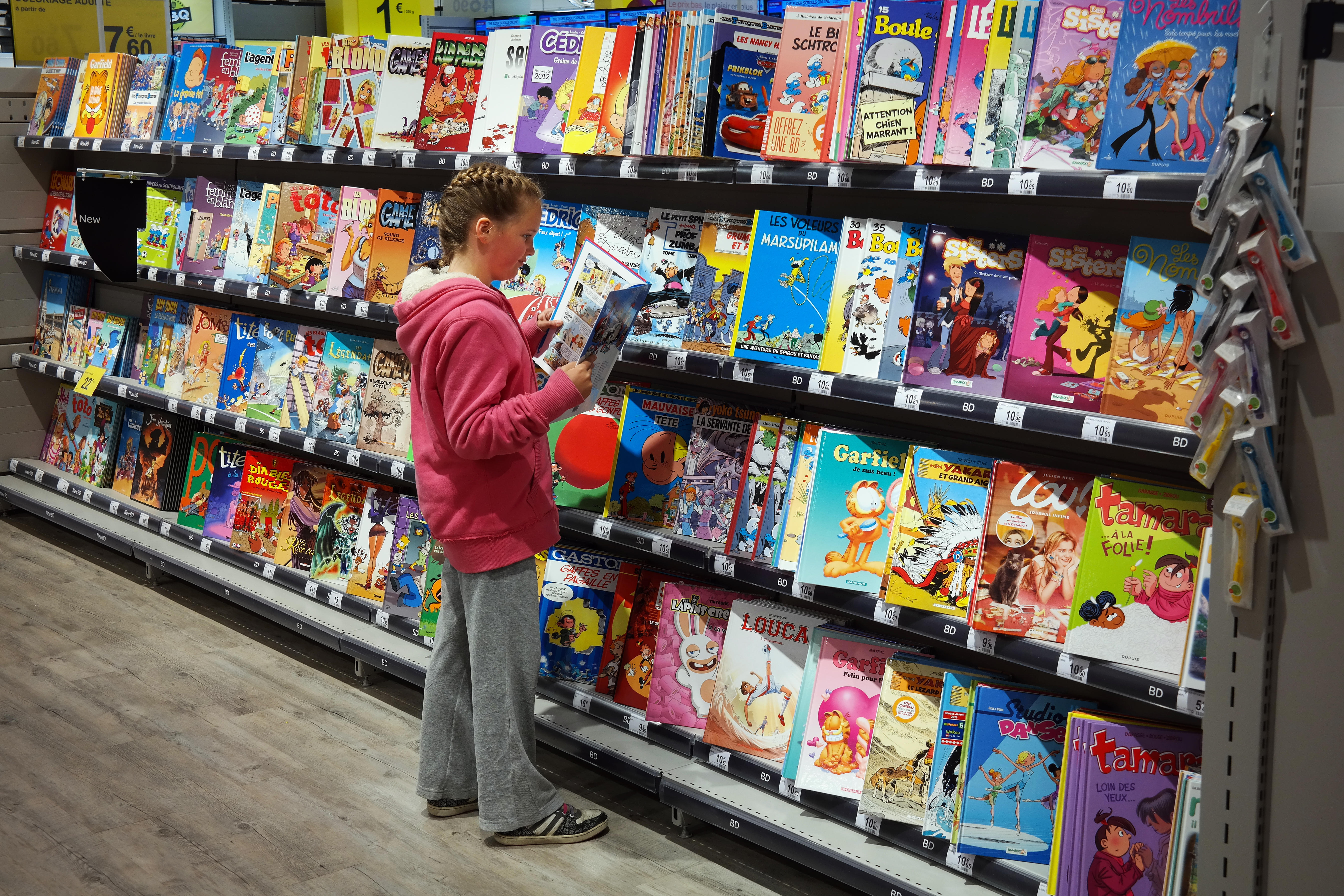The Education Committee will look into the reasons for the decline in reading among children and how it can be reversed.
A “generational shift” in children reading for pleasure appears to be taking place, the chairwoman of the Education Select Committee has warned, as MPs launch an inquiry into reasons for the decline.
The committee will question experts on the relationship between children reading for pleasure and their mental health, as well as their screen time.
Chairwoman Helen Hayes said reading for pleasure has been considered essential for learning and understanding the world.
“But right now, we appear to be witnessing a generational shift,” she said.
“The Education Committee wants to understand the forces at play and what the consequences could be for children’s lives. Crucially, we will look across the academic space, and at good practice in schools and communities, for solutions.”
At the end of the inquiry the committee will make recommendations for how the Government can improve the situation.
It will also look at how more promotion of reading for pleasure could help the attainment of disadvantaged children and children with special educational needs and disabilities (Send).
The committee has launched a call for evidence from experts and academics in the field closing on January 9.
It comes after the National Literacy Trust found earlier this year only one in three (33%) of young people aged eight to 18 say they read in their spare time.

This has fallen from 51% in 2005 – which translates to a 36% fall – and is the lowest level seen in 20 years.
The National Literacy Trust found the percentage of younger children (aged five to eight) reporting they read for pleasure daily has fallen by 9.1 percentage points since 2019.
The survey also found a widening gender gap, with girls reporting they were more likely than boys to read for pleasure daily.
The Government has announced plans to introduce a new statutory reading test for year 8 children that aims to ensure any problems are identified so support can be put in place.
A recent study led by experts from The Hospital for Sick Children in Toronto, Canada, suggested primary school children who spend a lot of time on screens perform worse in reading and maths tests.

